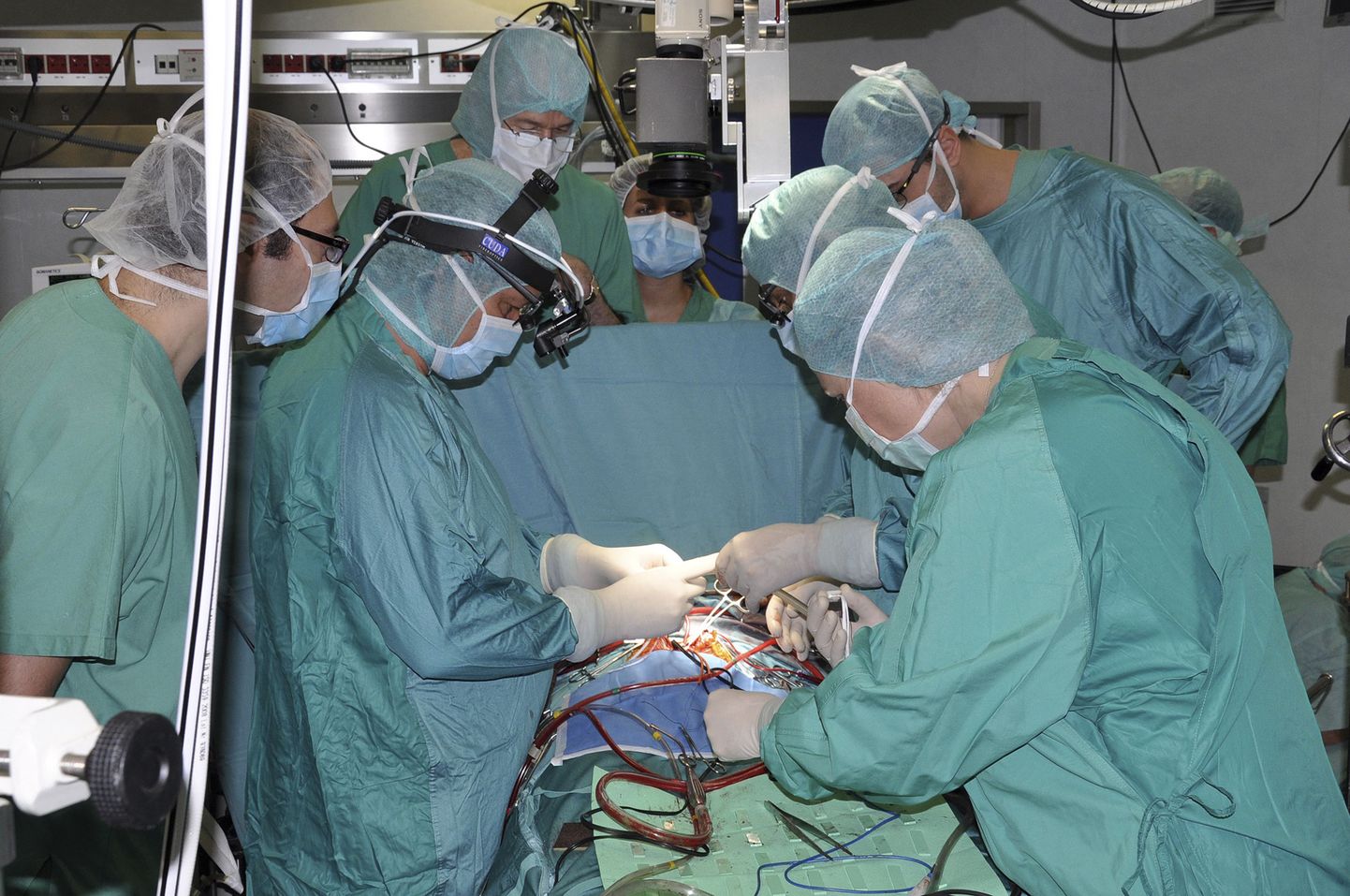A system won’t tolerate an empty place. Considering the exodus of doctors and nurses, it has only been a matter of time until strong pressure arose, in our health care, to seek staff from behind borders – at the moment, Estonia is lacking over 150 doctors.
In a way, countries line up in some sort of a food chain, when it comes to attracting the highly qualified workforce. Shortage of physicians plagues the wealthy European states as well; high salaries and good working conditions are luring away the doctors of poorer nations. Currently, we have nowhere else to look than to the East – there, our conditions do look good already.
This, since 2003, Health Board has registered 140 doctors not graduating from University of Tartu, 99 of these have been educated in the territory of the former Soviet Union.
Positions of doctors and hospitals, regarding colleagues from third countries, varies. Often, the medics applying for registration, have been invited by employers, who also bear responsibility for their command of language.
For the community of doctors, this poses two problems. Firstly, the qualifications of doctors coming mostly from Ukraine and Russia – as assessed by the doctors’ union, their time of study is too short to be sure of their professional skills. Errors of treatment, often caused by inability to communicate even among Estonian-speaking doctors, tend to be amplified into a «doctors know nothing» generalisation, which would be unfair. Secondly, the wages issue – difficult to fight for better work conditions while hospitals hire foreigners who are meeker, naturally.
